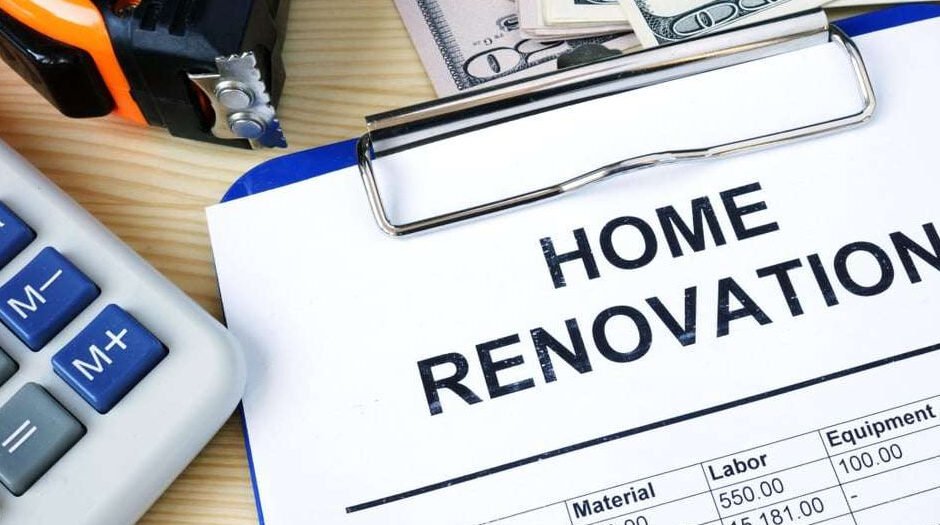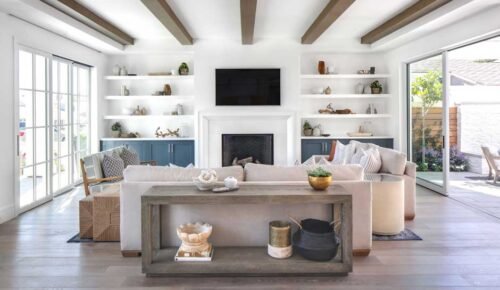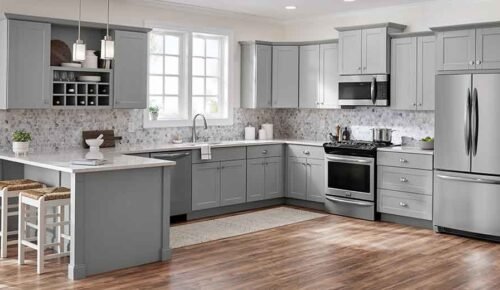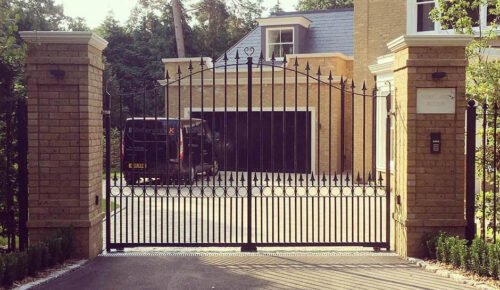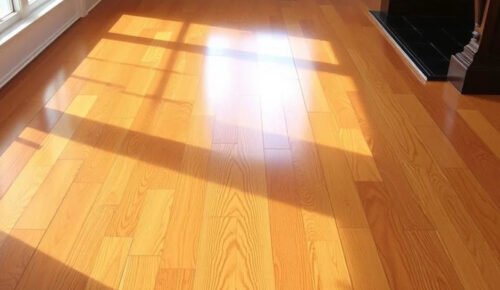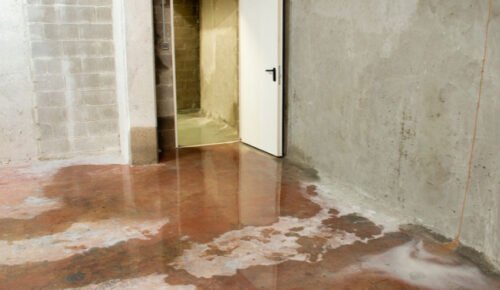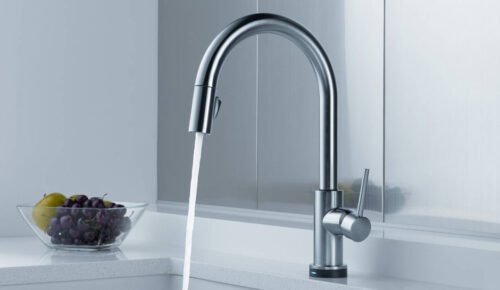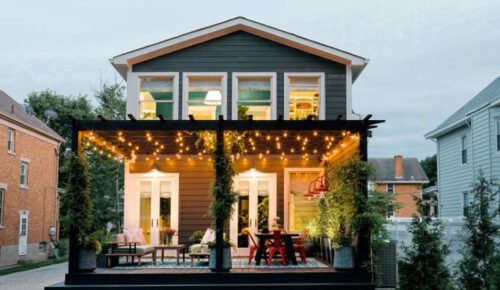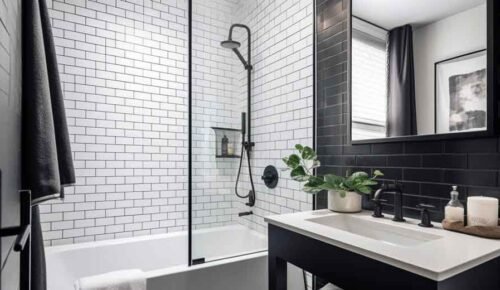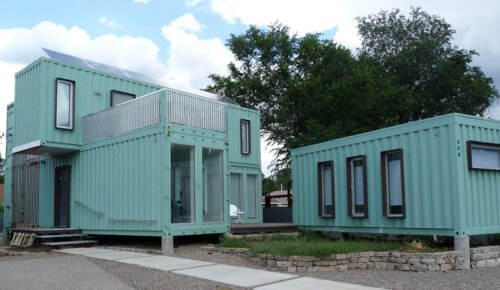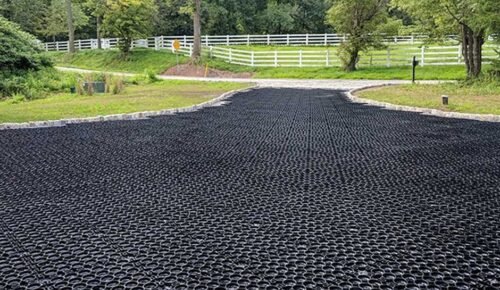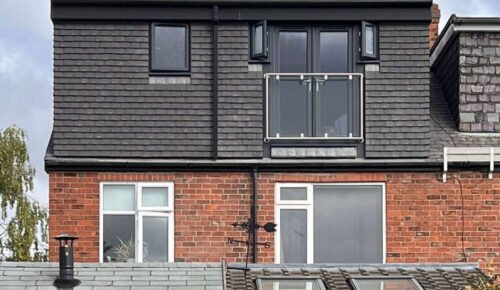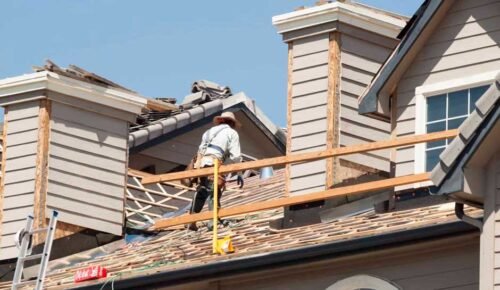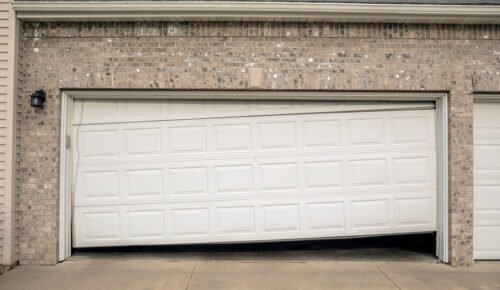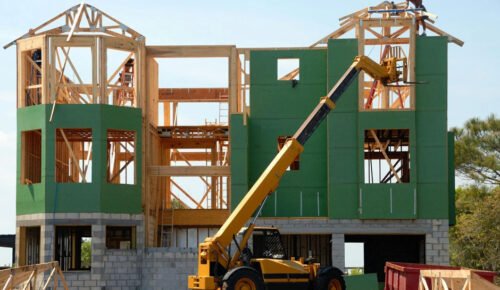Embarking on a home renovation project can be both exciting and daunting – whether you’re updating a single room or tackling a whole-house makeover, careful planning and effective cost management are crucial to ensuring your project stays on track and within budget. So, if you’re nervous or curious and want to learn more, here are ten tips to help you plan and manage your remodelling costs effectively.
Define Your Renovation Goals
Before diving into a renovation, clearly define your goals; determine what you want to achieve with your remodel—whether it’s enhancing functionality, increasing property value, updating outdated designs, or creating more space. Having a clear vision will help you prioritize projects and allocate your budget more effectively.
Set a Realistic Budget
Establishing a realistic budget is the cornerstone of successful planning, so start by researching the average costs for similar projects in your area. Include all potential expenses, such as materials, labor, permits, and unexpected costs – and, it’s advisable to add a contingency of 10-20% to your budget to cover any unforeseen issues that may arise during the process.
Get Multiple Quotes
Don’t settle for the first quote you receive – instead, seek multiple quotes from different contractors and suppliers, as this will give you a better understanding of the cost range and allows you to compare services, timelines, and reputations. Choose contractors who are licensed, insured, and have good reviews from previous clients.
Plan for Phased Renovations
If your renovation goals exceed your current budget, consider a phased approach. Prioritize the most critical areas first and plan to complete the project in stages, as thi allows you to spread out the costs over time and manage your finances more effectively. For example, you might start with the kitchen this year and plan to tackle the bathrooms next year. During the bathroom renovation phase, consider adding luxurious features like stone sinks. Stone sinks not only enhance the bathroom’s aesthetic appeal but also add durability and a unique touch that can increase the value of your home.
DIY vs. Professional Help
Determine which tasks you can handle yourself and which ones require professional expertise. DIY projects can save money, but they also require time, skills, and the right tools. For complex tasks like electrical work, plumbing, or kitchen renovations, it’s best to hire professionals to ensure safety and compliance with local building codes. Similarly, professionals also choose new holland construction parts for the heavy equipment they use to save on costs without compromising on quality. To give you a better idea of what these overhauls look like, a great example can be found on the Ultimate Renovations website: https://ultimaterenovations.com/kitchen-renovations-edmonton/
Choose Cost-Effective Materials
The choice of materials can significantly impact your costs, so look for cost-effective alternatives that offer durability and aesthetics without breaking the bank. For instance, laminate flooring can mimic the look of hardwood at a fraction of the cost. Similarly, consider refinishing existing cabinets instead of replacing them entirely, while reclaimed or recycled materials can also add unique character to your home while keeping costs down.
Keep Track of Expenses
Maintain a detailed record of all expenses throughout the process – so you may want to use a spreadsheet or budgeting app to track every cost, from major purchases to minor supplies. Regularly compare your actual expenses against your budget to ensure you’re staying on track, as this practice helps identify any overspending early and allows you to make necessary adjustments.
Avoid Scope Creep
Scope creep occurs when additional work or changes are added to the original plan, leading to increased costs and extended timelines. To avoid this, stick to your initial plan as closely as possible, and note that any changes should be carefully considered and evaluated for their impact on your budget and schedule. Communicate clearly with your contractor about any adjustments and get updated quotes for approval before proceeding.
Plan for the Unexpected
Despite thorough planning, unexpected issues can arise during a renovation; structural problems, hidden water damage, or outdated wiring are common surprises that can affect your budget. Having a contingency fund and being mentally prepared for these possibilities can help you handle them without derailing your project.
Final Inspection and Quality Check
Once the renovation is complete, conduct a final inspection to ensure all work meets your expectations and quality standards. Address any issues or deficiencies with your contractor promptly, as it’s essential to make sure everything is completed to your satisfaction before making the final payment.
From Kitchen Renovations to Exterior Finishing
Planning and managing home renovation costs require careful preparation, realistic budgeting, and vigilant tracking of expenses, and the partnering with professionals when neccessary. By defining clear goals, seeking multiple quotes, prioritizing projects, and keeping a close eye on your budget, you can navigate the process smoothly and achieve your desired results without financial stress.
